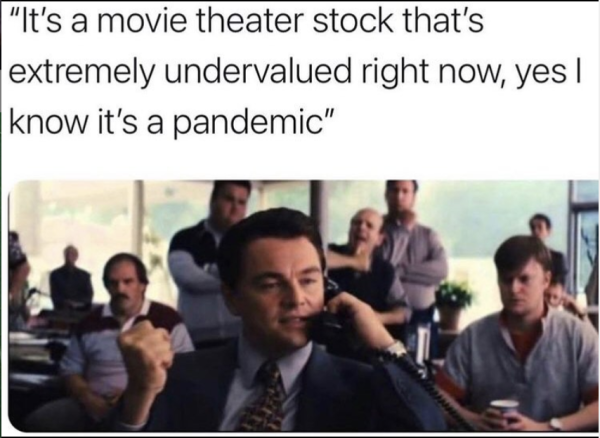I remember when my son finally got smarter than our dog. For the record, it took longer than I thought it would.
With respect to human intelligence, language is likely the first domino. It allows "chunking" and makes learning new things more efficient, effective, and certain.
Language is powerful in-and-of-itself. Using language consciously is a multiplier. Today, I want to focus on one such use of language – the power of naming things.
The Power Of Naming Things
“I read in a book once that a rose by any other name would smell as sweet, but I've never been able to believe it. I don't believe a rose WOULD be as nice if it was called a thistle or a skunk cabbage.” – L.M. Montgomery, Anne of Green Gables
Before I go into detail, I shot a video on the subject, with a few examples from our business.
Having a shared language allows you to communicate, coordinate and collaborate more efficiently. But it's hard to have a shared language when you're discussing something intangible.
That's where naming comes in. When you name something, you make the "invisible" visible (for you, your team, and anyone else who might care).
I've often said the first step is to bring order to chaos. Then, wisdom comes from finer distinctions. Naming is a great way to create a natural taxonomy that helps people understand where they are – and where they are going.
I like thinking of it in comparison to value ladders in marketing.

Each stage of the value ladder is meant to bring you to the next level. By the time someone gets to the top of the value ladder, they're your ideal customer. In other words, you create a natural pathway for a stranger (meaning someone who doesn't know you well) to follow, to gain value, trust, and momentum onwards … ultimately, ascending to become someone who believes in, and supports, what you offer and who you are.
Ultimately, successful collaboration relies on common language. That is part of the reason naming is so important. The act of naming something makes it real, defines its boundaries and potentialities, and is often the first step towards understanding, adoption, and support.
Creating "Amplified Intelligence"
There are always answers. We just have to be smart enough. – John Green
Here is an example from our business. When we first started building trading systems, all we had was an idea. Then we figured out an equation (and more of them). Next, we figured out some methods or techniques … which became recipes for success. As we progressed, we figured out a growing collection of useful and reliable ways to test, validate, automate and execute the things we wanted to do (or to filter … or prevent).
For someone who didn't understand the organizing principles, it probably seemed like a mess. Compounding the problem is that fear, uncertainty, and doubt are inhibitors to potential customers and stakeholders (like the employees working in a business).
Coming up with the right organizing principle (and name) makes it easier to understand, accept, and adopt. For example, many traders and trading firms want to amplify intelligence – meaning they were looking to make better decisions, take smarter actions, and ultimately to perform better (which might mean making and keeping more money). To help firms amplify intelligence, we created the Capitalogix Insight Engine (which is a platform of equations, algorithms, methods, testing tools, automations, and execution capabilities). Within that platform, we have functional components (or modules) that focus on ideas like portfolio construction, sensible diversification, alpha generation, risk management, and allocation strategies. Some of those words may not mean much to you, if you're not a trader, but if you are it creates an order that makes sense and a path from the beginning to the end of the process.
It makes sense. It explains where we are – while informing what might come later.
The point is that naming things creates order, structure, and a contextual map of understanding.
It a compass heading that we can use to navigate and guide in uncertain territory.
Hope that helps.

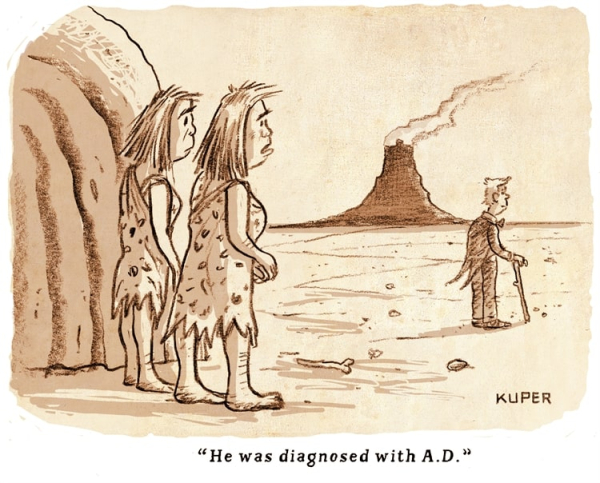
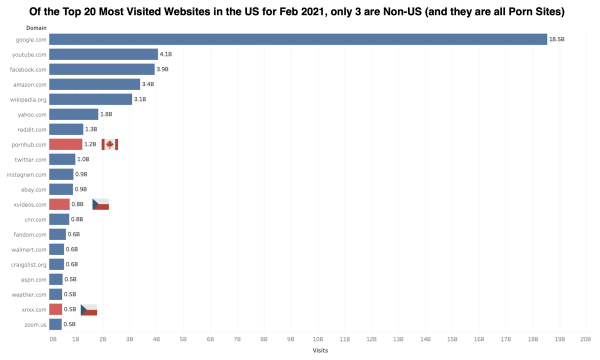
 How can you maximize the time you have left? Fill it with the best experiences, activities, and people you can.
How can you maximize the time you have left? Fill it with the best experiences, activities, and people you can.
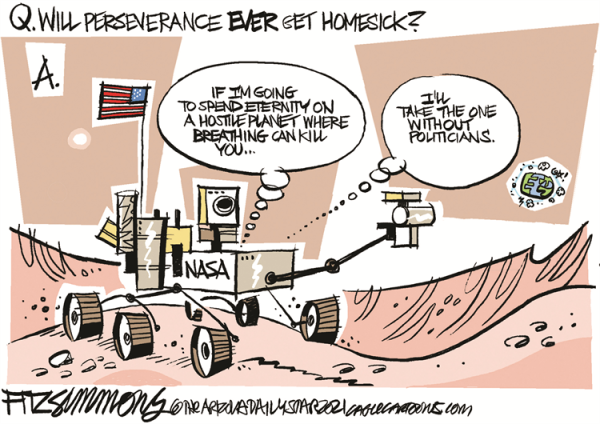
 via Joe Raedle/Getty Images
via Joe Raedle/Getty Images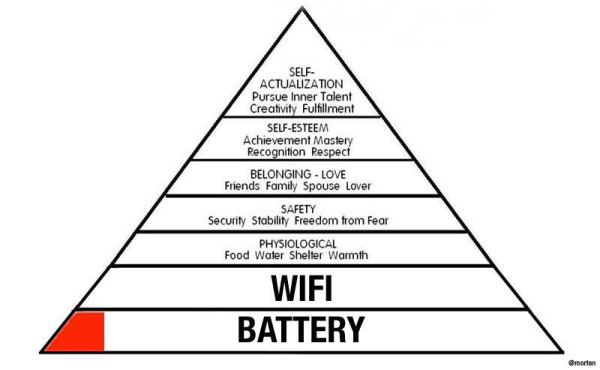

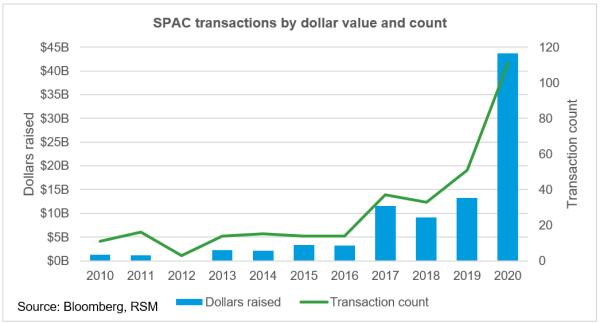 via
via 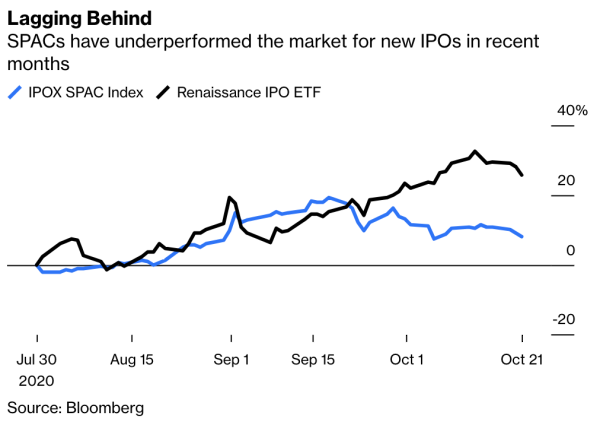 via
via 